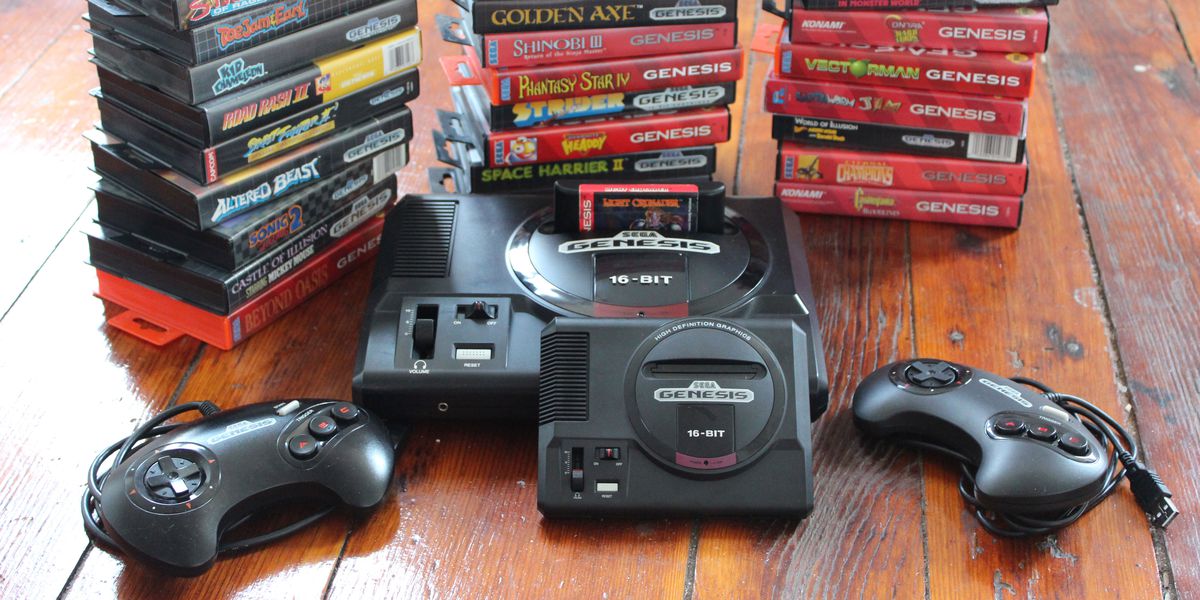

Embark on a nostalgic odyssey as we journey through the captivating history of the Sega Genesis, a console that redefined gaming in the late 80s and early 90s. This iconic machine, a titan in the gaming arena, not only competed fiercely with industry giants but also left an indelible mark on video gaming culture.
The Genesis of Sega Genesis
Sega’s adventure into the console market began with its roots firmly planted in the coin-operated game and slot machine industries of the 1940s and 50s. The formation of Sega Enterprises in 1965 was a pivotal moment, setting the stage for a transition from arcade games to home consoles. The early 80s saw Sega diving into the console market, with its SG-1000 console emerging as a competitor to Nintendo’s Entertainment System.
The Rise of a Console Icon
The Sega Genesis, known as the Mega Drive in regions outside North America, was Sega’s crowning glory. Launched in 1988 in Japan and later in North America and Europe, it was pitched as an advanced alternative to Nintendo’s NES, boasting superior graphics and sound. The Genesis was well-received, establishing Sega as a formidable contender in the gaming industry.
Sonic the Hedgehog: The Blue Mascot’s Rise to Fame
Sonic the Hedgehog, introduced in 1991, became the poster child for the Sega Genesis. This blue blur, with his rapid gameplay and captivating soundtrack, not only symbolized the console but also became a cultural icon. Sonic’s success propelled the Sega Genesis to new heights, carving out a significant place in the market alongside Nintendo’s SNES.
A Library of Classics
The Sega Genesis was home to a treasure trove of games that left a lasting legacy. Iconic titles like Streets of Rage 2 and Phantasy Star IV stood out in a diverse lineup that included platformers, RPGs, and beat-em-ups. This impressive library of games cemented the Sega Genesis’s status in the gaming world.
The Decline and Transformation
Despite the monumental success of the Sega Genesis, Sega faced challenges in the late 90s with subsequent consoles like the Sega Saturn and Dreamcast. These consoles struggled against fierce competition from Sony’s PlayStation, leading to a decline in Sega’s financial stability. In 2001, Sega made the pivotal decision to exit the console hardware market, transitioning into a third-party developer and publisher.
The Legacy Lives On
Today, the Sega Genesis continues to be revered in the gaming community. Its impact is evident in the continued popularity of its classic games and the Sega Genesis Mini console. Sega’s legacy in pioneering the 16-bit era has influenced subsequent consoles, leaving an enduring impact on the gaming industry.
Conclusion
The Sega Genesis stands as a testament to innovation and competition in the gaming world. It introduced gamers to a new level of experience and helped shape the future of video gaming. Its story is not just about a console but a testament to Sega’s adventurous spirit and enduring influence in the gaming industry.






